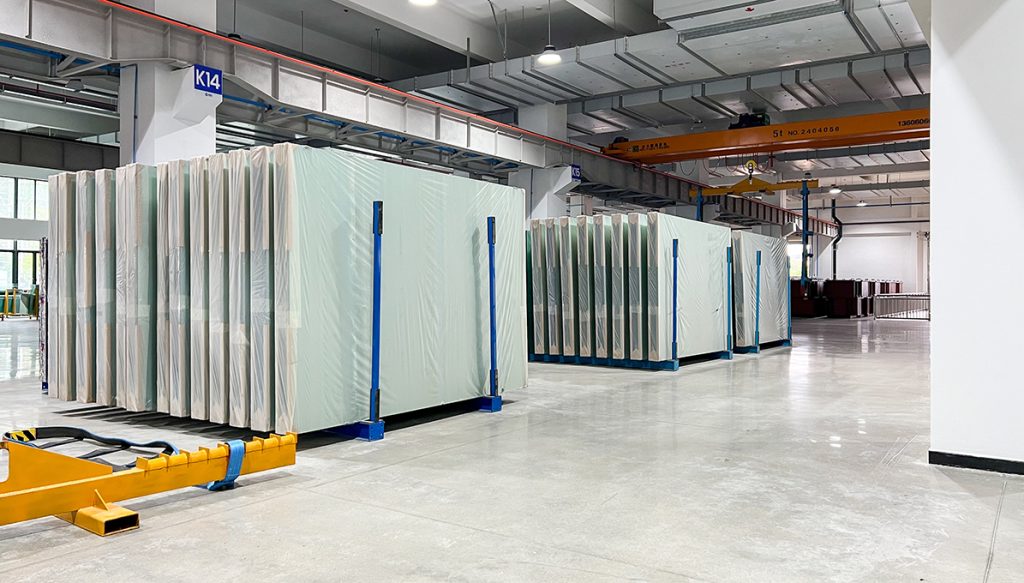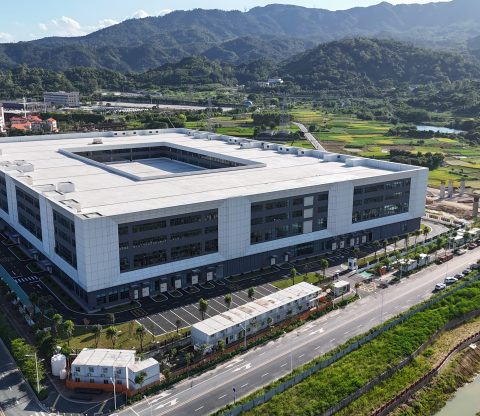Understanding Vacuum Insulated Glass
In today’s increasingly eco-conscious world, the importance of energy efficiency cannot be overstated. Vacuum insulated glass (VIG) represents a revolutionary approach to energy efficiency in building design and other applications. Unlike conventional glazing options, VIG uses a proprietary method that employs a vacuum between two glass panes, significantly reducing heat transfer. This technology not only curtails energy consumption but also contributes to sustaining comfortable indoor climates throughout the year. As businesses and homeowners alike seek to lower their carbon footprints while reducing their energy bills, the role of vacuum insulated glass manufacturers becomes increasingly vital. The right manufacturer can deliver high-quality, reliable products that meet the specific needs of a variety of applications, from residential to commercial and beyond. With proven performance and durability, VIG is becoming a staple in modern architecture and engineering.

Benefits of the Best Insulated Windows
When considering energy-efficient building materials, the conversation often points to windows as a vital element. The best insulated windows are those crafted with advanced technologies such as vacuum insulation. They reduce heating and cooling costs while enhancing comfort for occupants. The unexpected benefit of superior thermal performance is the ability to maintain ideal indoor temperatures throughout fluctuating weather conditions. This quality is crucial for industries that operate under strict climate controls, such as food processing and pharmaceuticals, where product integrity is paramount. These windows not only offer long-term savings but also decrease environmental impact, thus aligning with corporate sustainability goals. By choosing the right manufacturer, stakeholders can invest in windows that promise not just durability but also a higher quality of life for inhabitants.
Exploring Vacuum Sealed Glass Solutions
The term “vacuum sealed glass” refers to a specialized glass technology that offers exceptional thermal insulation properties. This glass is particularly beneficial in high-performance buildings, where energy efficiency is a primary concern. The vacuum sealed glass design minimizes heat exchange, making it an ideal choice for both residential and commercial buildings aiming for sustainability. For example, in high-rise constructions, utilizing vacuum sealed glass can significantly reduce the necessity for mechanical heating or cooling systems, leading to substantial operational cost savings and an enhanced environmental profile. Moreover, this lightweight yet robust material allows for innovative architectural designs that were previously unattainable with standard glazing solutions. As architects and developers increasingly turn their focus towards sustainable design—integrating energy-efficient materials like vacuum sealed glass will be critical to meeting both client and regulatory demands.

Conclusion: The SuperVIG Advantage
In summary, the selection of SuperVIG as your vacuum insulated glass manufacturer is not merely a choice; it is a strategic decision that promises long-term benefits. With their commitment to quality and innovation, SuperVIG stands out in the marketplace. Not only do they provide cutting-edge products that meet the highest standards of efficiency and performance, but they also possess the supply chain advantages necessary to ensure timely project completions. Whether it’s for residential windows or commercial projects, choosing SuperVIG translates to aligning with a partner dedicated to sustainability and excellence. This investment supports not only your immediate needs but also contributes to a sustainably built environment for future generations. Partnering with SuperVIG ensures that your projects will benefit from the best that modern engineering has to offer.
